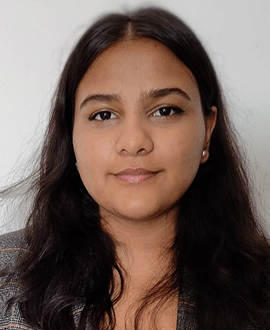| |
Nelson Mandela once said, "Education is the most powerful weapon which you can use to change the world."
It is widely acknowledged that education is crucial for a country's economic, political, and social development, as it helps individuals escape poverty and participate fully in society and in the economy. Governments worldwide take on the responsibility of providing and funding education, especially basic education, but it is a significant and complicated task that requires various financing and education services.
Access to education remains a challenge for many, especially disadvantaged groups like girls, indigenous peoples, and low-income families. Even though enrollment rates have increased across developing countries, many Sub-Saharan African and South Asian nations still have not achieved universal primary coverage, and the quality of education is often poor. Public funding and leadership alone are not enough to ensure high-quality education for all citizens in developing countries. Creative programs and initiatives, as well as public-private partnerships (PPPs), can help to enhance educational outcomes and achieve the Millennium Development Goals for education.
Private involvement in education has grown globally over the past two decades, benefiting households of all income levels. While governments remain the primary funders of education, they may enter into agreements with the private sector to provide services such as curriculum creation, management, and teacher training, or to operate public schools. In some cases, the government may subsidize existing private schools or fund student places. Some nations, like the Netherlands, publicly fund all education but allow private schools to operate. Other nations, such as Chile, rely heavily on the private sector to deliver education, but only some children receive government funding to attend private schools.
The recent UNESCO education coalition annual meeting brought together more than 150 partner organizations, including Microsoft and Google, to exchange ideas, identify potential collaborations, and discuss future actions around the Coalition's missions.
The Coalition's mission-based approach aims to build skills for the future of work, enable learners to learn anywhere, anytime, support teachers, and bring back gender equality. The private sector plays a crucial role in enabling quality education for all, and public and private entities have made significant breakthroughs in the education sector, such as launching Microsoft Teams and providing support to the Ukrainian education sector. |
|

Aarushi Sarkar |
|

